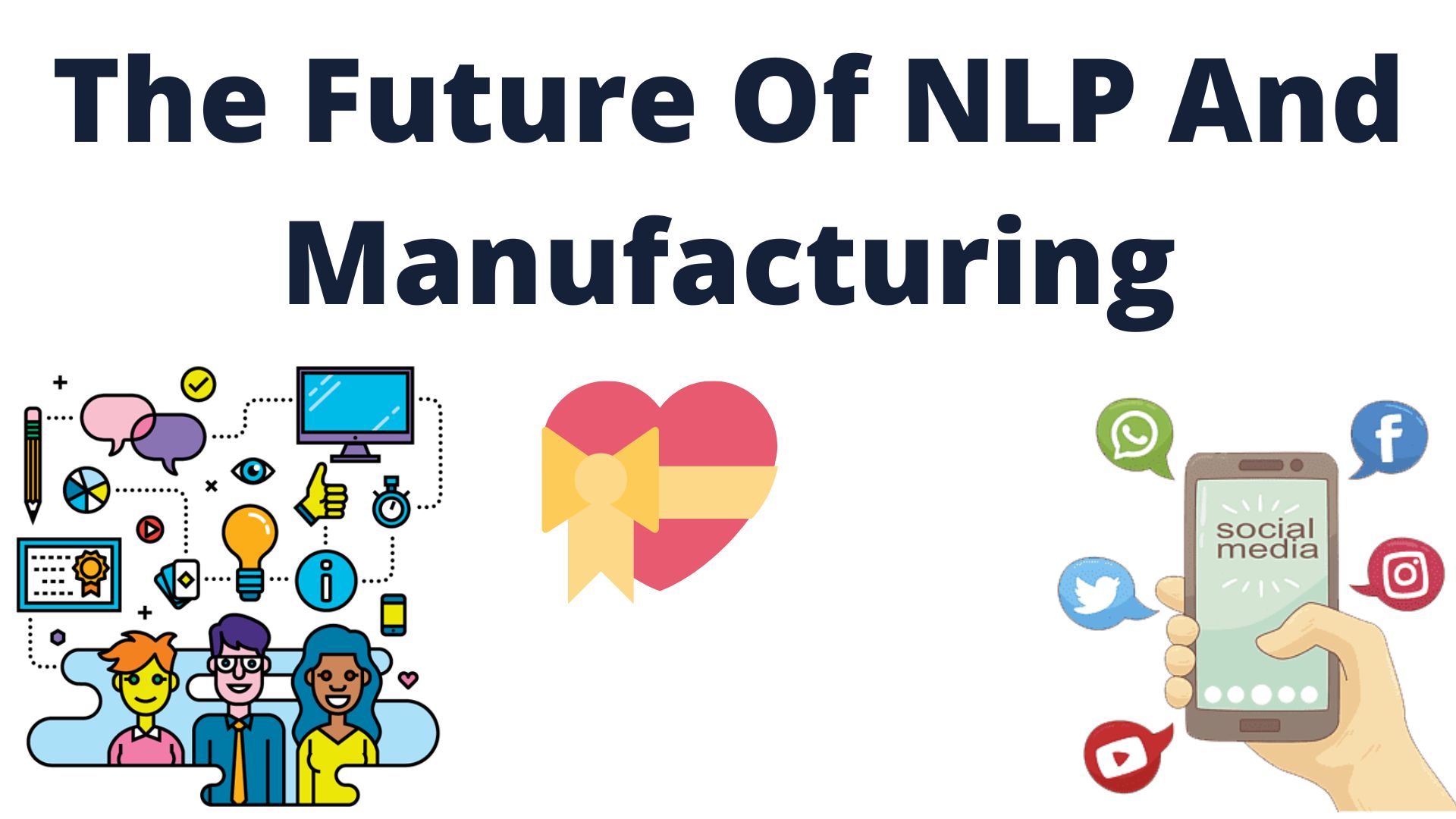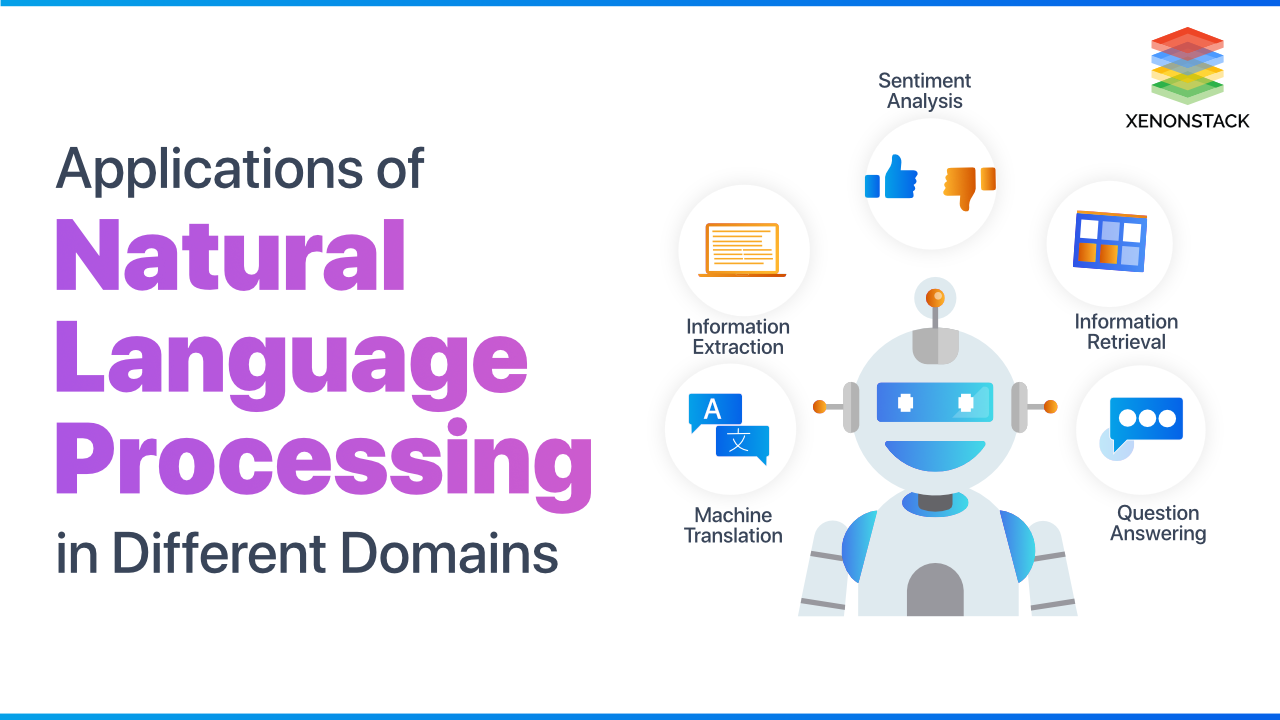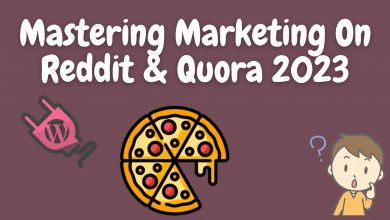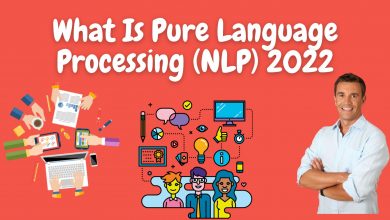The Future Of NLP And Manufacturing
The manufacturing industry is changing today, which has been made more apparent with the introduction of automation. Throughout history, manufacturing has gone through different phases, reinventing itself each time it became more efficient or due to competition. Now, with the introduction of AI in manufacturing and Natural Language Processing (NLP), we can expect many new changes.

NLP has already made significant advancements in the manufacturing industry, and there is no doubt that it will continue to do so. With the help of NLP, manufacturers can produce products at a higher quality and faster rate than ever before. Additionally, NLP will also help manufacturers reduce waste and improve efficiency. This article will further discuss how NLP can make the manufacturing industry better.
How Does NLP Improve Manufacturing?
Manufacturing is an industry that is constantly evolving. As new technologies are developed, manufacturers need to stay ahead of the curve and adopt new methods that will improve their efficiency and productivity. NLP, or natural language processing, is one technology currently gaining popularity in the manufacturing industry.
NLP in artificial intelligence can analyze and interpret human language. This can be extremely helpful in manufacturing, as it can be used to automate tasks traditionally done by humans. For example, NLP can be used to read and interpret customer orders, machine data, or even employee communications. By automating these tasks, manufacturers can free up their employees to focus on more critical studies and avoid potential errors if these tasks are done manually.
In addition to automating tasks, NLP can also be used to improve communication between humans and machines. For example, NLP can be used to create chatbots that can help customers with questions or problems. This can improve customer service and satisfaction, as well as reduce the amount of time needed to resolve issues.
Overall, NLP can be a valuable tool for manufacturers. It can help automate tasks, improve communication between machines and humans, and make manufacturing processes more efficient. NLP may become even more critical as manufacturers increasingly rely on artificial intelligence and machine learning to automate tasks.
Examples Of Uses For NLP In Manufacturing

Potential uses of artificial intelligence in the manufacturing industry will develop as the technology does. While still in its early stages, natural language processing is one area of AI that is beginning to be used more frequently in manufacturing. Here are a few examples of how NLP is being used in manufacturing:
1. Quality control: NLP can be used to scan through large amounts of data to identify patterns and trends that could indicate issues with product quality. This information can then be used to improve quality control processes.
2. Maintenance and repair: NLP can be used to analyze data from sensors and equipment to predict when maintenance or repairs might be needed. This can help reduce downtime and improve efficiency.
3. Process improvement: NLP can be used to study data from production processes to identify areas where improvements can be made. This can result in increased efficiency and productivity.
4. Customer service: NLP can be used to analyze customer service data to identify areas where the customer experience can be improved. This could involve anything from streamlining the order process to improving the quality of customer support.
As you can see, there are many potential uses for NLP in business. NLP can help you to understand your customers better, segment your market more effectively, and to create targeted marketing campaigns. It can also help you to improve your customer service and support by understanding the needs and wants of your customers. In addition, NLP can be used to streamline your sales process and increase close rates.
Findings And Limitations Of NLP In Manufacturing

One key finding is that NLP can be beneficial for text-based tasks such as part identification and assembly instructions. However, it can be less effective for more complex tasks such as quality control or machine maintenance. This is because NLP algorithms cannot yet understand and interpret intricate engineering drawings or specifications effectively.
The natural language processing (NLP) field is evolving rapidly, with new and improved algorithms constantly being developed. However, while NLP can be beneficial for manufacturing, there are also some limitations.
Another limitation is that most NLP systems require a lot of training data to work effectively. This can be a problem in manufacturing, where data is often proprietary and difficult to obtain. Additionally, even when good training data is available, creating an effective NLP system can be a time-consuming and expensive process.
Despite these limitations, NLP is still a powerful tool used in manufacturing to improve efficiency and accuracy. NLP can be used to help identify errors in manufacturing processes and then suggest ways to correct them. It can also be used to monitor production line data to identify trends that could lead to improvements in efficiency. With continued development, likely, the effectiveness of NLP systems will only increase over time.





















